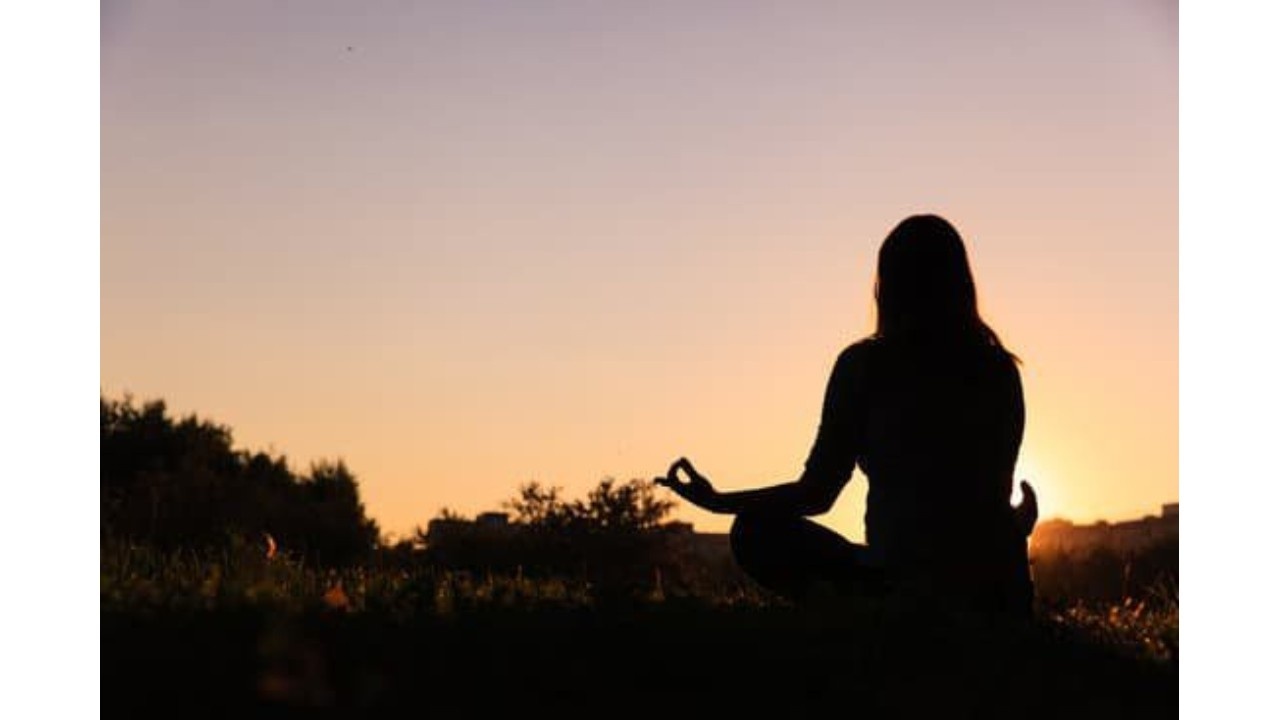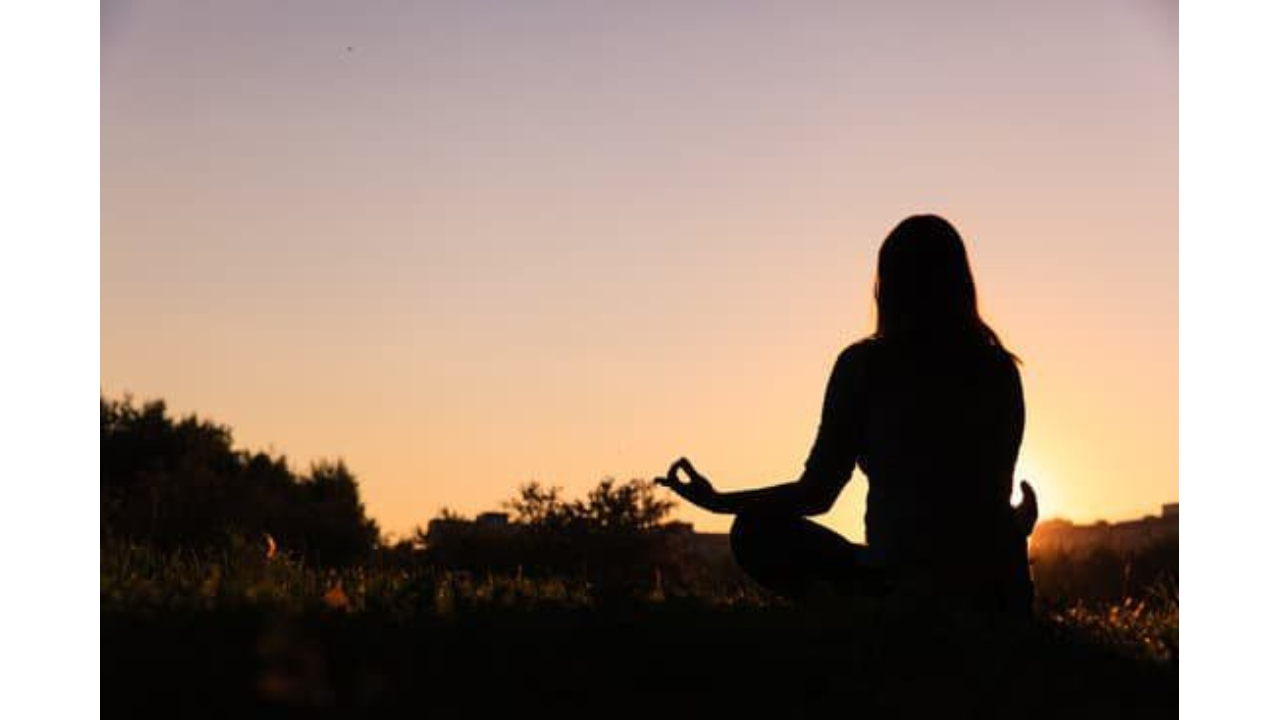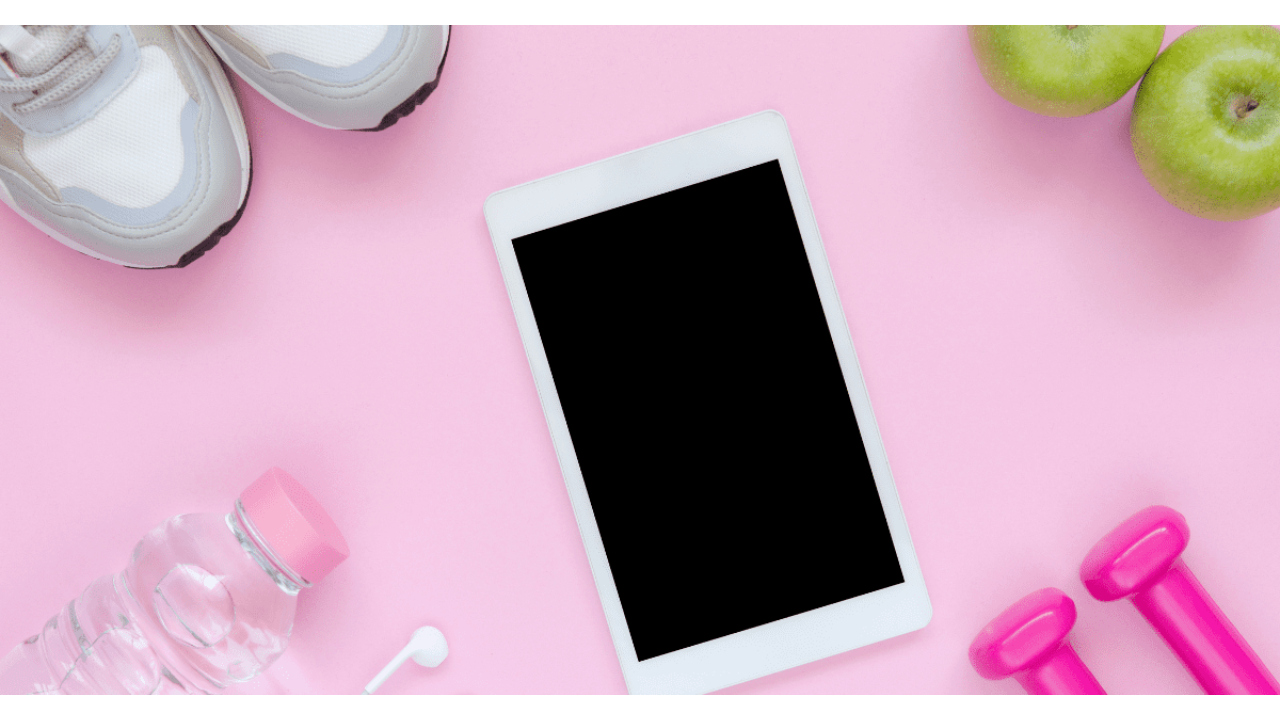What is my next keystone habit going to be?
Jun 29, 2021
Charles Duhigg, in his book, "The Power of Habit" talks about special habits that he calls keystone habits. These are habits, that when implemented, have a domino effect on the rest of one's day and overall productivity - however each person defines that.
And, for me, the most interesting aspect of the keystone habit is that it's hard to pinpoint exactly WHY it has such an effect on our overall day. It simply does.
 THE ACT OF CHOOSING A NEW HABIT
THE ACT OF CHOOSING A NEW HABIT
SOMETIMES IT JUST "COMES TO YOU"
I often talk and write about my old habit of hitting the snooze button each morning - sometimes as many as 5 or 6 times. I would even set my alarm an hour earlier than I needed to so that I could have the opportunity to hit snooze. (As I look back on those days, I wonder why I was so reluctant to get out of bed and start my day.)

I was listening to The Five-Second Rule one day and Mel Robbins was talking about the snooze button and the concept of sleep inertia. She spoke about how when we hit snooze, we go from being awake, to REM or dream sleep for 8 or 9 minutes, only to be woken again. If we hit snooze repeatedly, we are repeating this cycle for the entire time. It takes our brains 4 HOURS to recover from that snooze induced grog.
This was an epiphany for me. I had been doing this to myself and my brain for pretty much my entire life. All of that groggy wasted time!
That night, I put my phone in the other room with the alarm set. This ensured that I would have to get up and out of bed to turn it off. And I have not looked back.
I get more done in a day after making that decision than I could imagine. Most likely because I'm not spending the first four hours of each day in a snooze induced brain fog.
NOW I HAVE TO MAKE A CHOICE
As I am getting back in the swing of life a bit, post pandemic, I find myself back to balancing and juggling time and roles. As a result, my not super strong habit of exercise is taking a back burner. In order for a behavior to become a habit, it has to be practiced every single day at the beginning for at a very minimum 1 month. I did this with my snooze alarm. I have never done this with exercise.
In addition, I am resuming my busy life as a BCBA, mom, wife, daughter, and grandmother and have now added blogger to the mix. This role and this community have become an extremely important priority for me.
I was in a meeting with one of our blog coaches who is all things organizational. She was talking about how when we "multitask" we think we are very busy. In reality, we are not doing anything well and in addition, it takes our brains (those darn brains again) 20 minutes to shift back to what we were supposed to be focused on. So, if I am creating content but am stopping every time I get a text or an email, I am never truly focused on the task at hand for the entire time.
She spoke about how fatiguing this can be.
This was another epiphany.
Which habit do I want to work on now? Exercise? Or working without checking text and email? And I will argue that these are both keystone habits.
WHY DO I HAVE TO CHOOSE?

It is too much to change or create more than one new keystone habit at a time. Trying to do too much at once, will likely result in throwing up of the hands and giving up. So, I've decided to do a bit of a compromise.
Exercise is the habit that I am targeting now. I feel that at 59 years old, I have to get into a routine where exercise is a part of it every single day. I did well during the pandemic, but as we returned to busy lives and juggling roles, exercise fell by the wayside. So, I have decided that each morning after I journal and have my coffee (and feed the dogs and make the bed) I am going to exercise. If it doesn't happen in the morning, I have discovered that it is not likely to occur at all.
However, I'm still chewing on the whole 20 minute brain thing when I multitask. So, throughout my workday I set my time for 30-45 minute blocks and work during those times without checking phone or social media. It's not a commitment I'm making to myself at this point. Just a "thing" I'm working on.
STEPS TO TAKE ONCE YOU IDENTIFY A HABIT
BREAK THE HABIT DOWN INTO MANAGEABLE AND REALISTIC CHUNKS
Example 1: I'm creating the habit of exercise. At the outset, my goal is to walk for 15 minutes EVERY SINGLE DAY. Doing this for at least a month will create the habit for me - from there I can add to it. So, my next step might be to walk for 15 minutes each day followed by 10 minutes of abs. And so on.
Typically what is happening is that once I'm out there and walking, I end up walking for more than 15 minutes. But, on a day where I'm not feeling it, I know I can do 15 minutes and not be letting myself down.
Example 2: Creating the habit of daily journaling (another keystone habit). Start by choosing an affirmation and sitting down and just writing that in your journal each morning with your coffee. After doing that for a month, write your affirmation and something you are grateful for each morning. Then, increase it to your affirmation, something you are grateful for, and what you are doing towards your redefinition goal that day. Or your "why." And so on.
BE AWARE OF TRIGGERS AND CHANGE YOUR ROUTINE WHEN NECESSARY
This is especially true when you are trying to rid yourself of a habit. There is typically a trigger that sets off the chain of behavior. Be aware of that and come up with changes to your routine that will help you avoid that "trigger."
When I used to smoke, I realized that one of my biggest triggers was getting into the car after work. I would get in and light up without even thinking about it. Quitting in the car was my first goal when I quit. I made sure when I left work, I had a small snack to eat on the way home instead. I made sure not to bring cigarettes into the car with me. After a couple of weeks, I had completely quit smoking in the car. I overcame different triggers one at a time and 3 months later I had quit totally. That was over 10 years ago.
REINFORCE YOURSELF
As a behavior analyst, I know that the most important part of making any behavior change, is the reinforcement aspect. So, every morning after I do my walk or my exercise, I stop at the new Gas and Grub store that just opened up near us and I treat myself to some sort of treat. A nice cold flavored Perrier every day and once a week a breakfast bowl. I plan to continue this for 2 months and see where I am at the end of that. I need this habit to be solidified.
Identify a reinforcer for yourself as you embark on your new habit. This is key to behavior change.
Habit change is often an important part of the redefinition process on the right side of 50. I focus on it quite a bit in the last module of my program. Developing a new habit or getting rid of an undesirable one gives us the confidence we need to move forward. And, in the case of keystone habits, can have a domino effect on our entire day, week, and month.



